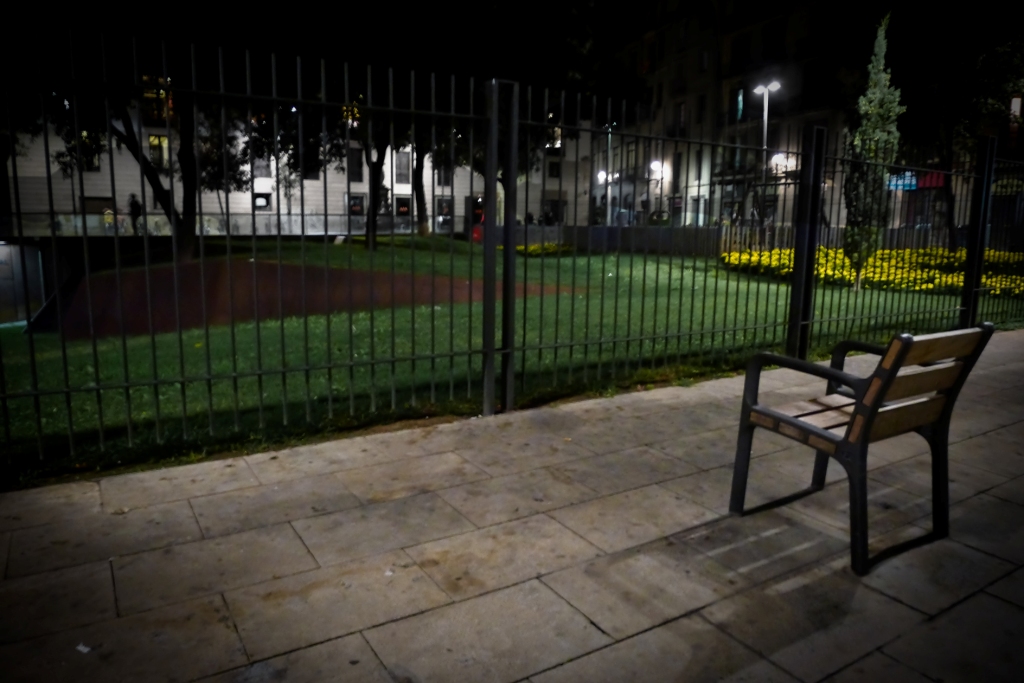For our Degrowth in Action - Climate Justice Summer School 2015 we are currently looking for contributors to our courses. The summer school will take place from 9 to 14 August 2015 in the lignite-mining region of the Rhineland in cooperation with the annual climate camp. The courses will be at the centre of the Summer School and run for 4 or 2 days, thus giving the opportunity to dive deeper into the different topics. Regarding the type and structure of the courses, there will be much room for creativity. Deadline for proposals is 30 April. If you're interested in preparing a course, you can find all relevant details here. the PDF-version is available here

A review of Giorgos Kallis’ new book Although the number of publications about degrowth has been exploding in the last decade – with hundreds of articles as well as dozens of edited volumes and special issues already published – until now there had not been a single academic monograph systematically outlining what degrowth is all about. Of course, the broad contours of the concept of degrowth...

By Nina Treu According to recent calculations by the Macroeconomic Policy Institute the Euro-crisis has cost Greece almost a quarter of its GDP. This is the biggest ever recorded contraction of an economy in times of peace. It would be cynical to consider this an example for degrowth (or postgrowth) in Europe. This is certainly not the case. On the contrary, the mission statement of the degrow...

By Corinna Burkhart Humans get used to quite a lot of things and live their daily life through a set of what we can call habits. Everyday experiences are not much worth a thought as long as everything is like it always is. This can be driving by car to town, only to get stuck in the usual traffic jam, or something very simple like flushing the toilet or using knife and fork to eat a grilled pi...